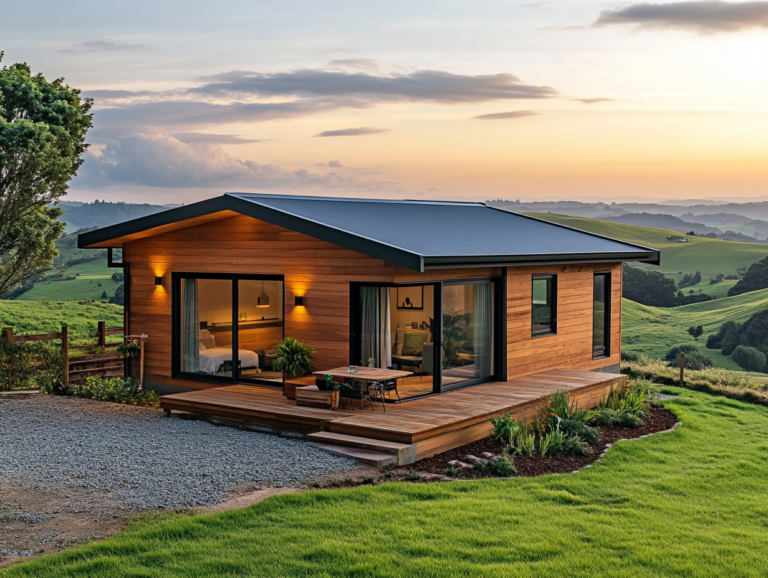Get in Touch
Getting council consent in the districts of Christchurch, Selwyn and Waimakariri
Constructing a secondary dwelling, commonly known as a “granny flat” or “cottage,” on your property can be a fantastic way to accommodate extended family, generate rental income, or increase your property’s value. However, navigating the council consent process can be daunting. To gain council consents across Christchurch City, Waimakariri District, and Selwyn Districts there are slight differences in rules. Additionally, with the New Zealand Government’s planned changes to the granny flat scheme we will highlight how Canterbury Cottages can simplify this process by handling all permits and consents on your behalf.
Council Consent Requirements for Second Dwellings
Please note, these are just loose guides. Refer to your councils website or get in touch with them for specific, concrete rules around second dwellings.
1. Christchurch City Council
In Christchurch, adding a secondary dwelling typically requires resource consent under the Christchurch District Plan. Key considerations include:
- Zoning Regulations: Your property’s zoning determines the feasibility of adding a second dwelling. Residential zones may have specific density and land use requirements.
- Site Coverage and Setbacks: There are limits on how much of your land can be built upon (site coverage) and minimum distances (setbacks) that buildings must maintain from boundaries.
- Parking Requirements: Additional dwellings may necessitate extra parking spaces to comply with council standards.
It’s essential to consult the Christchurch District Plan or contact the Christchurch City Council directly for detailed guidelines.
2. Waimakariri District Council
The Waimakariri District Plan outlines specific provisions for secondary dwellings:
- Occupancy: If the second dwelling is occupied by a member of the ratepayer’s household and is not let or available to be let, some additional rates may not apply. An annual occupancy declaration is required.
- Rates Implications: Secondary dwellings may attract additional rates unless occupied by a family member and not rented out.
For comprehensive information, refer to the Waimakariri District Council’s fact sheet on secondary dwellings.
3. Selwyn District Council
Selwyn District’s approach to secondary dwellings involves:
- Zoning and Land Use: Similar to other councils, zoning dictates the permissibility of additional dwellings.
- Development Standards: Compliance with site coverage, setbacks, and design standards is mandatory.
- Infrastructure Services: Ensuring adequate provision for services like water supply, wastewater, and stormwater is crucial.
It’s advisable to consult the Selwyn District Plan or liaise with the Selwyn District Council for specific requirements.
Upcoming Changes to the Granny Flat Scheme
The New Zealand Government recognises the need to simplify the process of building secondary dwellings to address housing shortages and provide flexible living arrangements. In 2024, the Ministry of Business, Innovation and Employment (MBIE) conducted a consultation on proposals to make it easier to build granny flats. Key proposed changes include:
- Building Act Amendments: Introducing exemptions to streamline the approval process for granny flats.
- National Environmental Standards: Establishing consistent regulations across regions to reduce compliance complexities.
These changes are anticipated to come into effect in 2025, aiming to reduce barriers and encourage the development of secondary dwellings.
Will I still require consent under the NZ Government’s new granny flat scheme?
Yes, you will still require consent in most cases. The proposed changes aim to streamline and simplify the process, but they don’t remove the need for council approval altogether.
The government is looking at making it easier to build granny flats by introducing nationally consistent rules and exemptions for smaller, low-risk builds, but this won’t mean a blanket exemption from consent. Instead, it may reduce the complexity and cost of obtaining consent, especially for standard-sized secondary dwellings that meet specific criteria.
Local councils (like Christchurch City, Waimakariri, and Selwyn) will still have authority over zoning, land use, and infrastructure requirements, meaning you’ll need to comply with their regulations. However, with these changes, the process should become faster and more predictable.
That’s why it’s a huge advantage that Canterbury Cottages handles all permits and consents for clients, ensuring everything is compliant without homeowners needing to navigate the red tape themselves.
How Canterbury Cottages Simplifies the Process
At Canterbury Cottages, we understand that the council consent process can be intricate and time-consuming. Our dedicated team is committed to managing all aspects of permits and consents for your secondary dwelling project. Here’s how we assist:
- Expert Consultation: We assess your property’s potential and provide tailored advice on the feasibility of adding a granny flat.
- Comprehensive Planning: Our experts handle all planning and design work, ensuring compliance with local council regulations.
- Consent Management: We prepare and submit all necessary documentation, liaising directly with the relevant councils to secure the required consents.
- Seamless Execution: From initial concept to completed construction, we oversee the entire process, ensuring a hassle-free experience for you.
By entrusting Canterbury Cottages with your project, you can enjoy peace of mind knowing that seasoned professionals are managing every detail, allowing you to focus on the exciting prospect of enhancing your property.
Embarking on the journey to add a secondary dwelling is a significant decision. Understanding the consent requirements and upcoming regulatory changes is crucial. With Canterbury Cottages by your side, you can navigate this process confidently, knowing that all permits and consents are expertly handled on your behalf.



